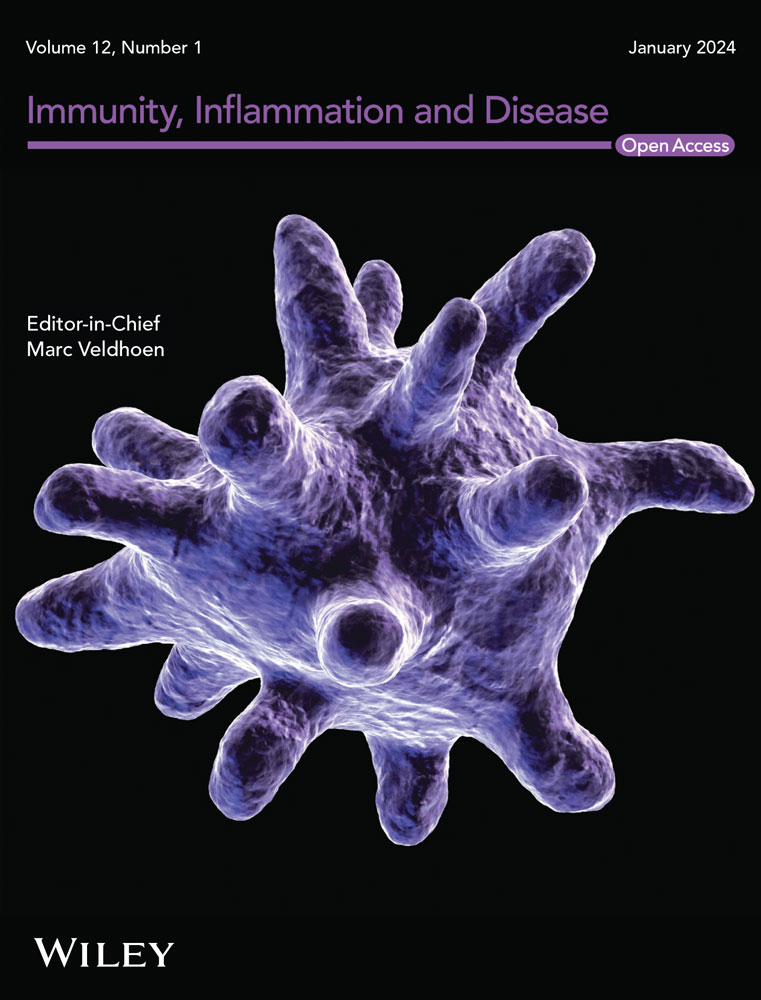Immune Checkpoint Molecules: A Review on Pathways and Immunotherapy Implications
Abstract
Background
Today, treating cancer patients with monoclonal antibodies (mAbs), by targeting immune checkpoints, is one of the most outstanding immunotherapeutic methods. Immune checkpoints are special molecules having regulatory role in immune system responses. Once these molecules are presented on cancer cells, these cells will be capable of evading the immune system through their own specific pathways. This Evasion can be prevented by counterbalancing immune system responses with immune checkpoints related antibodies.
Aims
The current study aimed to highlight immunotherapy and its methods, describe the immune checkpoints pathways, outline the immune checkpoint inhibitors (ICIs), and recent advances in this field, and sketch an outlook on the best treatment options for the most prevalent cancers.
Materials & Methods
This research implemented a narrative review method. A comprehensive literature review on the history, molecular and cellular biology, and the clinical aspects of immune checkpoint molecules was performed to illustrate the pathways involved in various cancers. Also, currently-available and future potential immunotherapies targeting these pathways were extracted from the searched studies.
Results
The immune checkpoint family consists of many molecules, including CTLA-4, PD-1, PD-L1, LAG-3, TIM-3, and TIGIT. Attempts to modify these molecules in cancer treatment led to the development of therapeutic monoclonal antibodies. Most of these antibodies have entered clinical studies and some of them have been approved by the Food and Drug Administration (FDA) to be used in cancer patients' treatment plans.
Discussion
With these novel treatments and the combination therapies they offer, there is also hope for better treatment outcomes for the previously untreatable metastatic cancers. In spite of the beneficial aspects of immune checkpoint therapy, similar to other treatments, they may cause side effects in some patients. Therefore, more studies are needed to reduce the probable side effects and uncover their underlying mechanism.
Conclusion
Based on the data shown in this review, there is still a lack of knowledge about the complete properties of ICIs and the possible combination therapies that we may be able to implement to achieve a better treatment response in cancer patients.


 求助内容:
求助内容: 应助结果提醒方式:
应助结果提醒方式:


